Frequently Asked Questions
1. Why is knife legislation important for outdoor activities?
2. What are the main types of knives mentioned in the article?
3. How do knife laws differ across states in the US?
4. What tips can help ensure the legal carrying of hunting knives?
5. How can knife owners promote responsible use and safety?
When it comes to outdoor activities like camping and hunting, having the right tools is essential for success. One of the most fundamental tools for any outdoorsman or anyone who loves cooking is a knife. However, as popular as hunting knives are, understanding the legislation surrounding them is crucial for legality and safety. In this article, we’ll cover everything you need to know about knife legislation, focusing on hunting knives and their use in various contexts.
Why Knife Legislation Matters
Every year, numerous incidents related to knives surface, prompting lawmakers to consider tight regulations. The misuse of knives can lead to serious injuries or fatalities, which is why it's essential to understand the laws that govern their ownership and use. Whether you’re a reliable outdoorsman or simply someone who values sharp kitchen tools, having the right knowledge will ensure that you remain on the right side of the law. This is particularly true for hunting knives, which are often categorized differently from other types of knives.
A Brief Overview of Knife Types
Understanding the different types of knives can be a bit overwhelming, especially when considering their varying categories under the law. Here’s a quick breakdown:
- Folding Knives: These knives have blades that fold into the handle and are typically allowed in most public areas.
- Fixed Blade Knives: These do not fold and are often categorized as hunting knives. They can usually only be carried in specific conditions.
- Multi-tools: While primarily utility tools, many multi-tools include knife blades and are generally more permissible.
- Switchblades: These knives open automatically with a push of a button and are heavily regulated or banned in many states.
The Varying Knife Laws Across Different States
Knife laws in the United States can differ dramatically from state to state. It’s crucial for knife owners, especially those who carry hunting knives, to familiarize themselves with the specific laws in their region.
California
In California, the law distinguishes between fixed blades and folding knives. Hunting knives with a blade longer than 2.5 inches may be considered illegal in public places unless they are part of a lawful hunting trip.
Texas
Texas knife laws are relatively lenient. Residents can carry knives of any length openly, making it a haven for hunters and knife enthusiasts alike. However, certain areas, such as schools and government buildings, impose restrictions.
New York
New York has stringent regulations, particularly against gravity knives and switchblades. Fixed-blade hunting knives must be stored in a case or sheath, especially if they exceed four inches. Understanding these distinctions is critical for anyone investing in hunting knives.
How to Legally Carry Hunting Knives
When carrying your hunting knives, whether during a camping trip or a hunting expedition, knowing the legal requirements can save you from unnecessary trouble. Here are some practical tips to ensure you are compliant:
- Research Your State's Laws: Always check your state and local laws beforehand. Online resources and local authorities can provide up-to-date information.
- Keep them Out of Sight: Where allowed, keeping your hunting knives out of sight can help you avoid unwanted attention.
- Be Mindful of the Location: Public places, schools, and airports often have stricter regulations; being aware of your surroundings is vital.
- Proper Storage: Purchase sheaths or cases for your hunting knives. Properly stored knives not only comply with legal standards but also ensure safety.
The Importance of Responsible Knife Use
Understanding and following knife legislation is a significant part of being a responsible knife owner and user. But responsible knife use goes beyond just legality. Here are a few tips to help promote safety while using your hunting knives:
Educate Yourself on Knife Safety
Learning about the safe use and handling of knives not only protects you but also those around you. Some essential knife safety tips include:
- Always cut away from your body.
- Keep your knives sharp; dull knives can cause accidents.
- Never leave blades unattended.
Practice Basic First Aid
Accidents can happen even with the best safety practices. A general understanding of first aid can make a significant difference. Knowing how to treat cuts and injuries can save lives and reduce panic.
Hunting Knives and Outdoor Ethics
Using hunting knives responsibly isn't just about following the law; it also involves observing outdoor ethics. Ethical hunting practices ensure that we respect natural resources and wildlife for future generations. Here are some guidelines to follow:
- Only harvest what you need. Over-harvesting can lead to ecological imbalances.
- Leave no trace behind. Clean up after yourself and carry out all waste materials, including food wrappers and tissue.
- Respect wildlife laws and hunting seasons. Adhering to laws helps protect endangered species and maintains ecological balance.
Navigating Knife Legislation for Online Purchases
Shopping for hunting knives online can be more complicated due to varying regulations. Here’s how you can navigate the rules effectively:
Check Shipping Restrictions
Online stores must comply with various laws, including shipping restrictions. Some states have regulations that restrict the shipment of certain types of knives. Before purchasing, check to see if the store ships to your state and what restrictions may apply.
Read the Product Description Carefully
Product descriptions often contain essential information about the knife's legality within your jurisdiction. Look for notes on the knife's blade length, type, and any safety features that align with your needs.
Ever-Changing Landscape of Knife Laws
Knife legislation is dynamic; what is allowable today may change tomorrow. Keeping yourself informed of ongoing discussions or changes in the law is essential to protecting your rights as a knife owner.
Stay Engaged with Knife Communities
Being an active participant in online knife communities or forums can be an invaluable resource. These groups often share updates regarding changes in legislation, practical uses for knives, and personal experiences that could inform your own knife use.
Consider Legal Advice
If you’re unsure about knife laws, consulting with a lawyer specializing in firearms or weapon laws may provide clarification and peace of mind.
Your Adventure Awaits with Knowledge
Understanding knife legislation is more than just following legalese; it’s about ensuring safety, promoting responsible use, and enjoying your outdoor experiences to the fullest. Being knowledgeable about hunting knives and their regulations empowers you to make informed choices and enhances your adventures.
Staying educated, adhering to local laws, and understanding responsible usage is essential for any knife enthusiast. Equip yourself with the right information, respect the laws, engage with communities, and let your outdoor exploration be enhanced by your trusty knives.









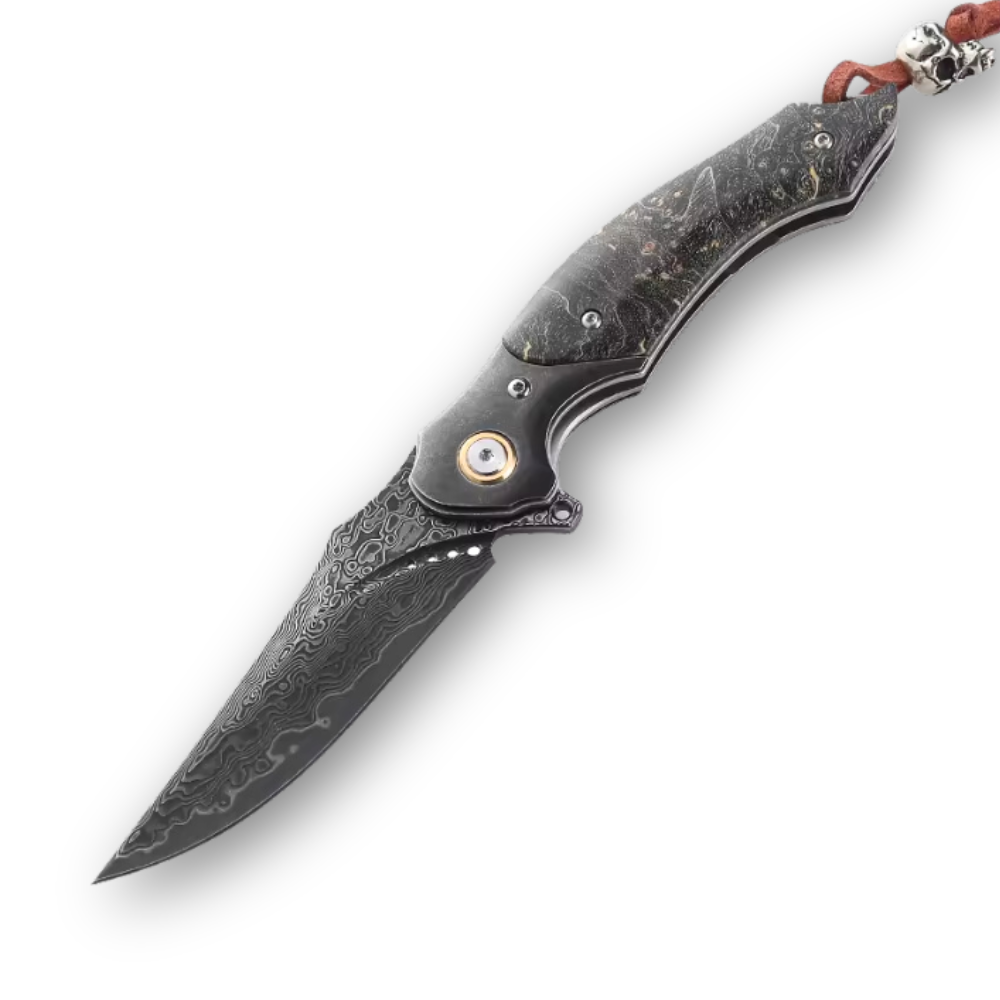
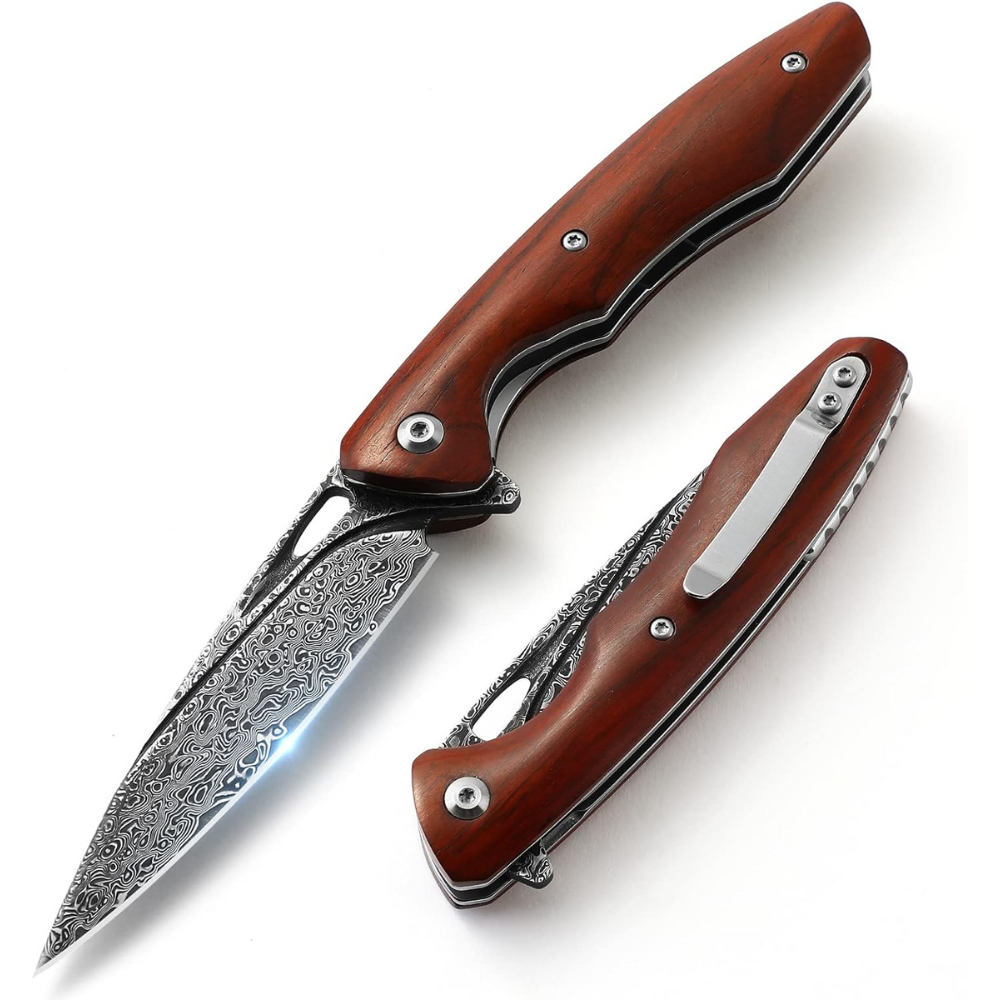
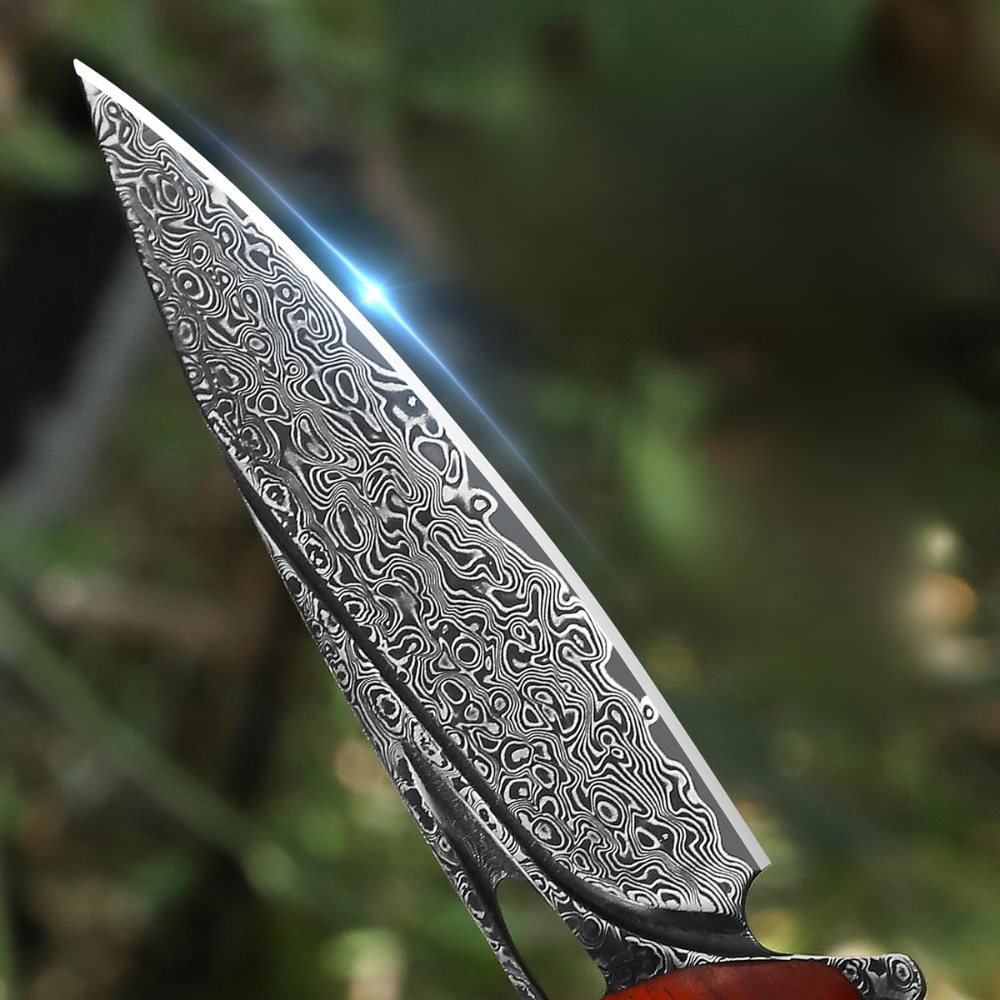









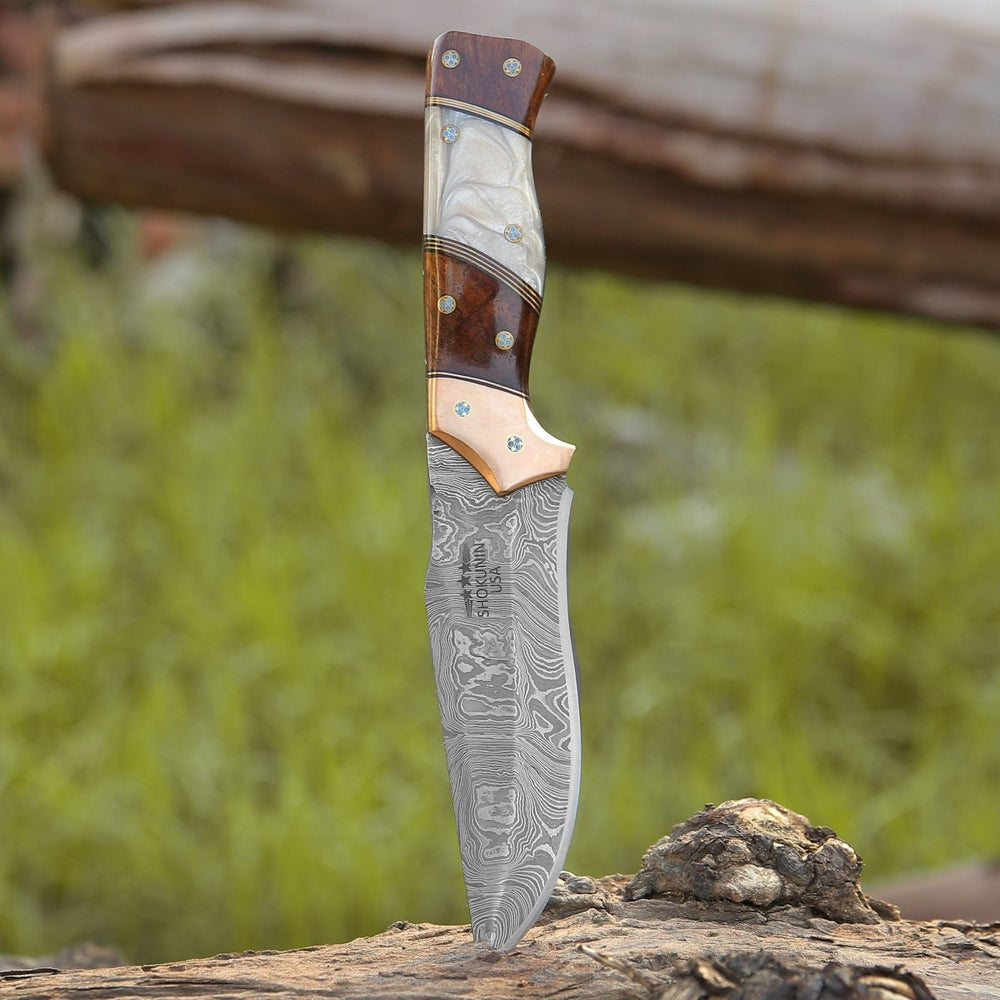


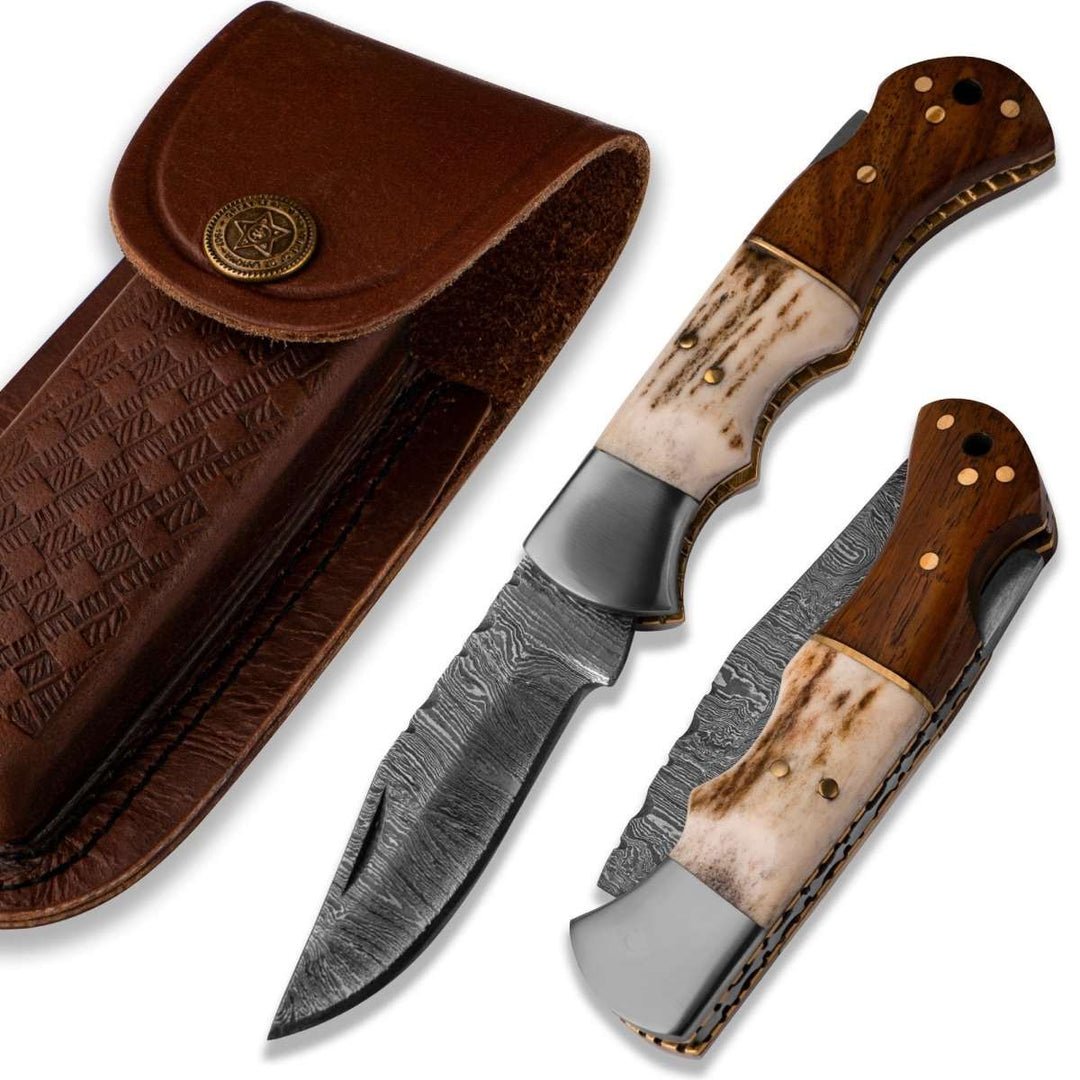
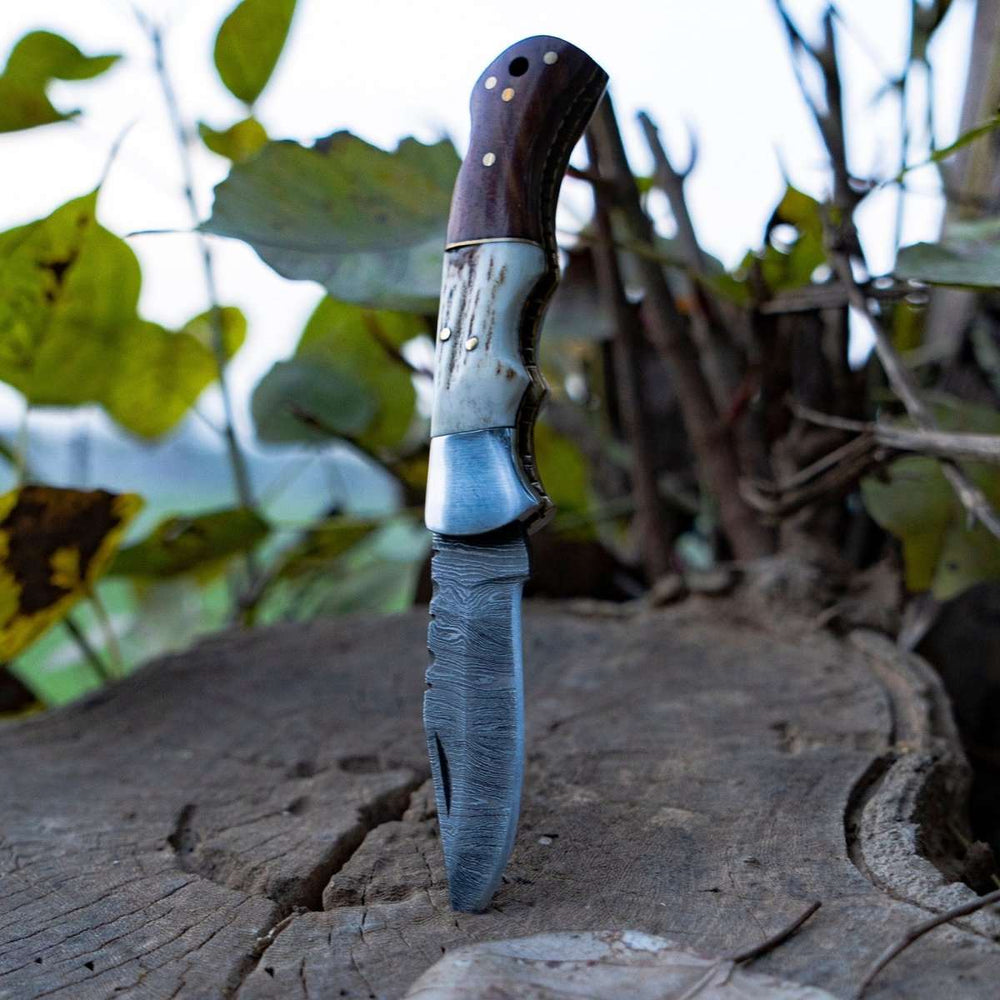




Leave a comment